Pronunciation of botanical names questions
cactus_dude
18 years ago
Related Stories

DECORATING GUIDESBotanicals Gone Wild: Wallpapers that Wow
Sweet Floral Prints Are Bigger and Spreading Faster Than Kudzu
Full Story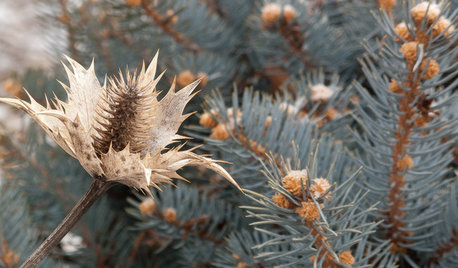
WINTER GARDENINGInspiring Winter Scenes From the Denver Botanic Gardens
Use seed heads, bare branches and grasses to design lovely garden displays when the ground is frozen
Full Story
VINTAGE STYLEHouzz Tour: Farmhouse Meets Victorian in Los Angeles
Fanciful scrolls and sweet botanical prints join playful vintage touches for a home that’s altogether charming
Full Story
FOLIAGEGreat Design Plant: Ornamental Sweet Potato Vine
Versatile, fast growing, inexpensive and easy on the eyes, ornamental sweet potato vine has it all
Full Story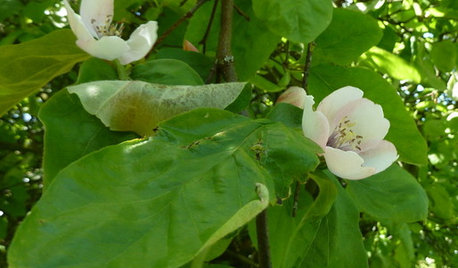
EDIBLE GARDENSWhy Grow Quince? For Beauty, Fragrance and Old-Time Flavor
Delightfully perfumed fruit and lovely spring blossoms make this apple and pear cousin worth a spot in the garden
Full Story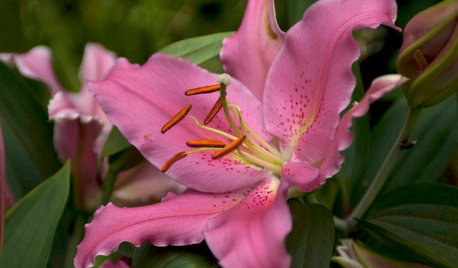
FLOWERSGreat Design Plant: Lilies
Try these delightfully exotic stunners for paintbox colors, deep fragrance and intricately detailed petals
Full Story
ARTWitness a Fantastic Chihuly Glass Sculpture Installation
Ever wonder what goes into a design that includes a major — and highly breakable — artwork? Here's your chance to find out
Full Story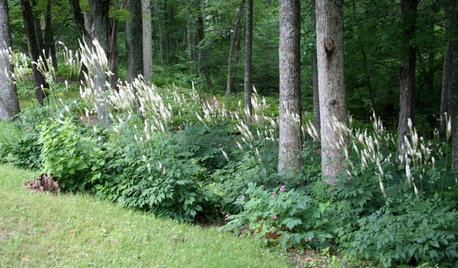
GARDENING GUIDESGreat Design Plant: Actaea Racemosa
Elegant flowers top black cohosh in summer woodland gardens
Full Story
HOUZZ TOURSMy Houzz: A Grand Overhaul for a Growing Family
A suburban home's top-to-bottom remodel creates plenty of room for entertaining and for little ones
Full Story





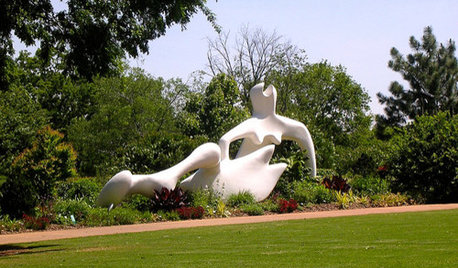
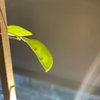
The_Mohave__Kid
taxonomist
Related Professionals
Lake Oswego Landscape Architects & Landscape Designers · Stamford Landscape Contractors · Eureka Landscape Contractors · Inglewood Landscape Contractors · Lancaster Landscape Contractors · Middletown Landscape Contractors · Miller Place Landscape Contractors · Oxnard Landscape Contractors · Parkland Landscape Contractors · Kingsburg Landscape Contractors · Chatsworth Fence Contractors · Glenpool Fence Contractors · Rockville Fence Contractors · Selden Fence Contractors · Wauconda Fence Contractorspineresin
cactus_dudeOriginal Author
paalexan
pinetree30
garyfla_gw
paalexan
pineresin
paalexan